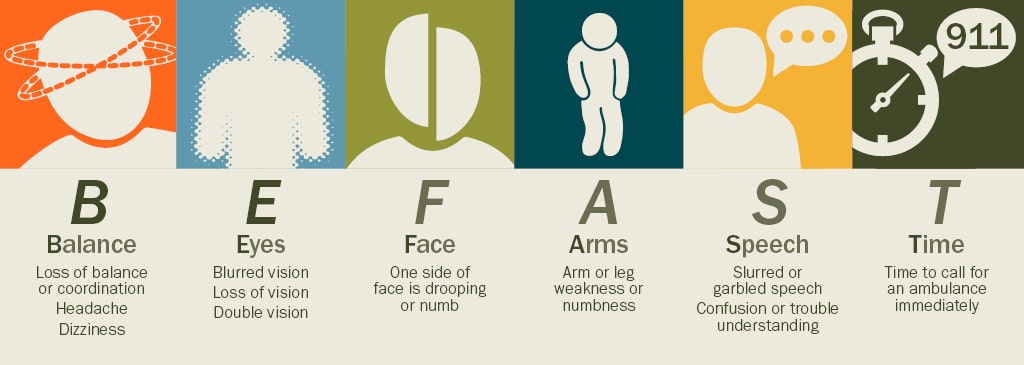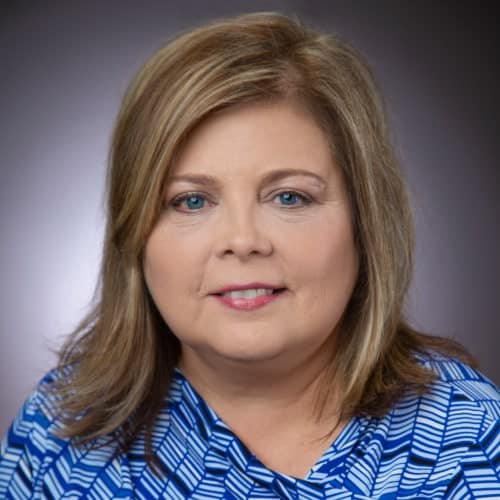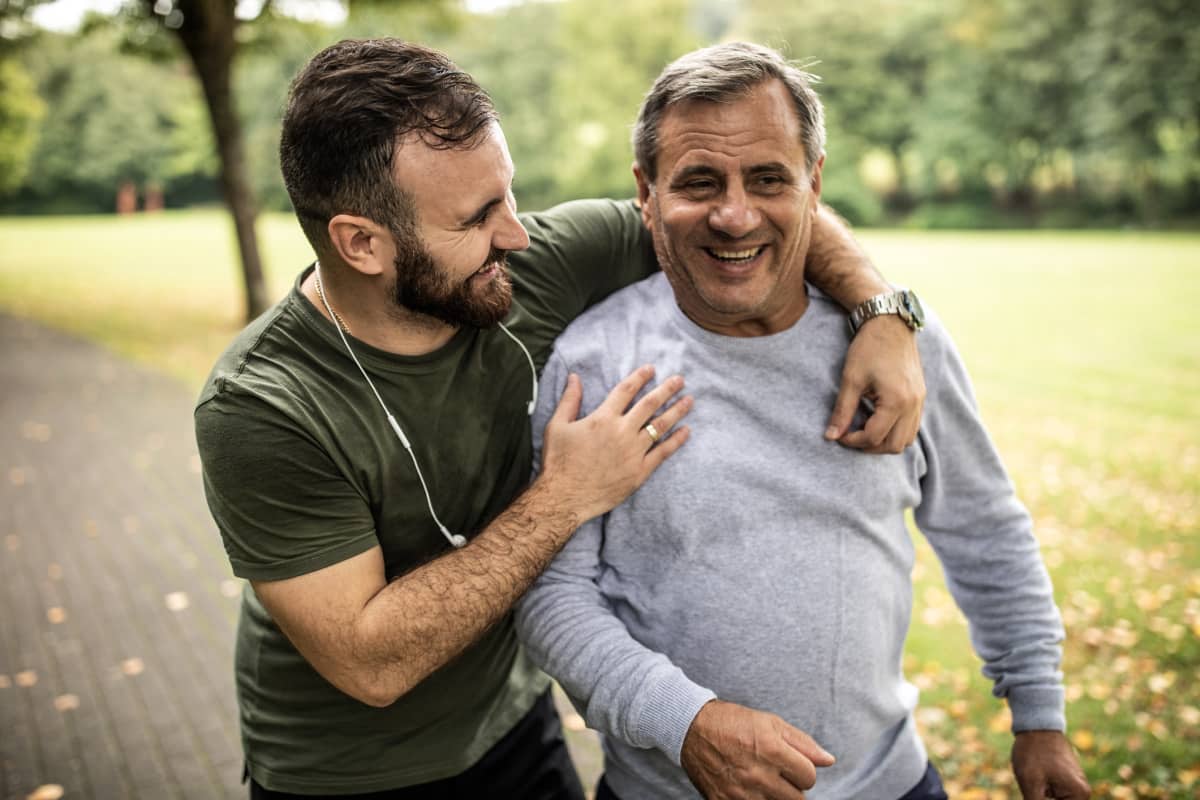Stroke Myths – What’s Fact and What’s Fiction?
In the United States, stroke is the 4th-leading cause of death and the No. 1 cause of adult disability. It is estimated that someone will have a stroke every 40 seconds, leading to over 800,000 strokes each year. Such a serious health threat is often misunderstood and surrounded by myths. Let’s separate stroke facts from fiction to improve awareness!
Myth #1 – Strokes only affect the elderly.
Fact: While stroke risk does increase with age, strokes can – and do – happen at any age. Studies show that over a third of stroke cases happen in people under age 65.
Myth #2 – Strokes can’t be prevented.
Fact: 80% of strokes are preventable. Addressing lifestyle factors like lack of exercise, obesity, smoking, and heavy drinking can significantly reduce stroke risk. Managing health conditions, such as high blood pressure and diabetes, also lowers risk.
Myth #3 – Taking an aspirin can help if you’re having a stroke.
Fact: A stroke is a medical emergency. Taking aspirin isn’t advised during a stroke, because not all strokes are caused by blood clots. In fact, some strokes are caused by ruptured blood vessels and taking aspirin could make these bleeding strokes more severe. Always talk to a medical provider before starting to take any medication regularly.
Myth #4 – If you have a stroke, it’s too late to call 911.
Fact: Always call 911 IMMEDIATELY if you suspect someone is having a stroke. Even if symptoms started hours ago, prompt medical care can still minimize brain damage, disability, and complications. Never assume it’s too late to help. The acronym BE FAST helps you remember that when a stroke strikes, seconds count, and recognizing the sudden onset of any of the following symptoms can save someone’s life.

The bottom line – strokes are medical emergencies requiring urgent evaluation and care no matter the patient’s age, severity of symptoms, or time since onset. Knowing the symptoms and acting quickly can make a difference in outcomes. With the right care and support, it is possible to regain function and live an enjoyable life after stroke. Stay proactive by controlling risk factors and knowing what signs to look for. Debunking stroke myths saves lives.
Northeast Georgia Medical Center offers a comprehensive approach to stroke care, from early intervention treatments in the ER to inpatient and outpatient rehabilitation services helping patients regain function and independence. NGMC Barrow, Braselton and Habersham are all certified as Primary Stroke Centers. NGMC Gainesville has highest certification from DNV Healthcare as a Comprehensive Stroke Center. For more information, visit www.nghs.com/stroke.



